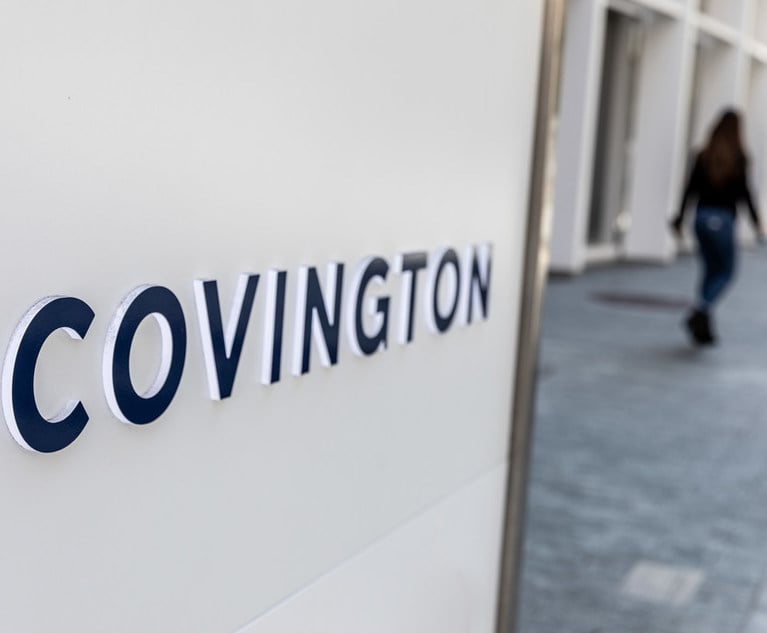On June 25, 2020, Congress approved the renewal and permanent extension of the Antitrust Criminal Penalty Enhancement and Reform Act (ACPERA or “the Act”), which limits the civil damages exposure of companies that cooperate with the Department of Justice (DOJ) in self-reporting their own anticompetitive conduct. In a press release issued the day after the legislation passed, Makan Delrahim, Assistant Attorney General of the DOJ’s Antitrust Division, praised both Houses of Congress “for their bipartisan action and recognition of ACPERA’s importance in the fight to safeguard our free markets and protect American consumers from collusion.” DOJ Office of Public Affairs, Department of Justice Applauds Congressional Passage of Reauthorization of the Antitrust Criminal Penalty Enhancement and Reform Act (June 26, 2020). While his tone was celebratory, ACPERA is not universally popular. On the contrary, its design and implementation have long engendered controversy. This article contextualizes ACPERA as a tool in the DOJ’s arsenal before examining its efficacy and potential reforms.
Legislative History
ACPERA was originally passed in 2004 to incentivize companies to cooperate with DOJ investigations into collusive conduct. It supplements the DOJ’s Corporate Leniency program—which allows successful applicants to avoid criminal liability—by extending protections for cooperators. Specifically, ACPERA contains a detrebling provision that spares successful leniency applicants from joint-and-several liability and trebled damages in related civil litigation. While the driving force behind ACPERA’s passage was a desire to facilitate the detection of cartels, consumer protection was also a priority, as reflected in the requirement of substantial cooperation by successful leniency applicants in order to “serve the public interest without compromising restitution to victims.” American Bar Association, Comments of the Antitrust Law Section of the American Bar Association Regarding the U.S. Justice Department Antitrust Division Roundtable Discussion of ACPERA (Apr. 11, 2019).


 Karen Hoffman Lent and Kenneth Schwartz
Karen Hoffman Lent and Kenneth Schwartz




